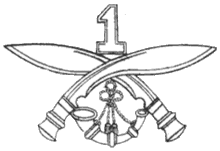-
Popular Topics
-
Topics
-
Recent Status Updates
-
Options
Options
-
It only took a year for them to notice I still had Nation Leader tag. Byebye purple tag. 😏
No Recent Status Updates -
Options












Recommended Posts